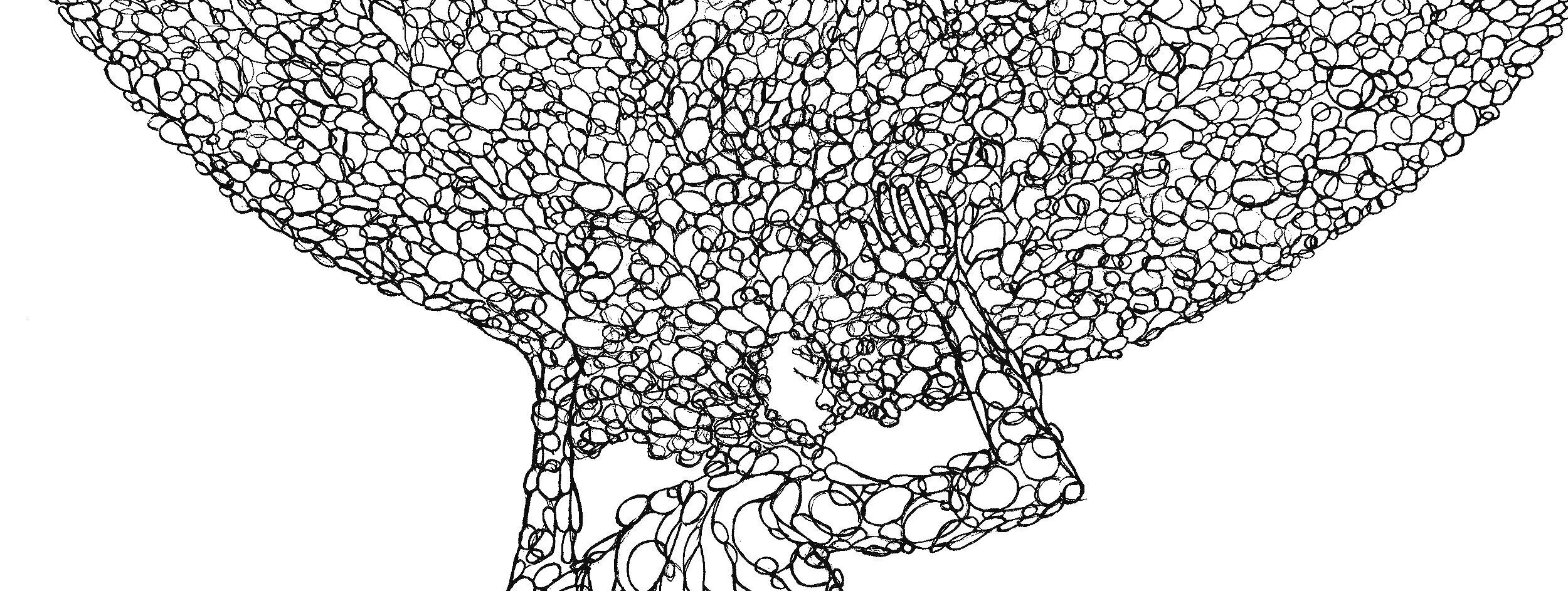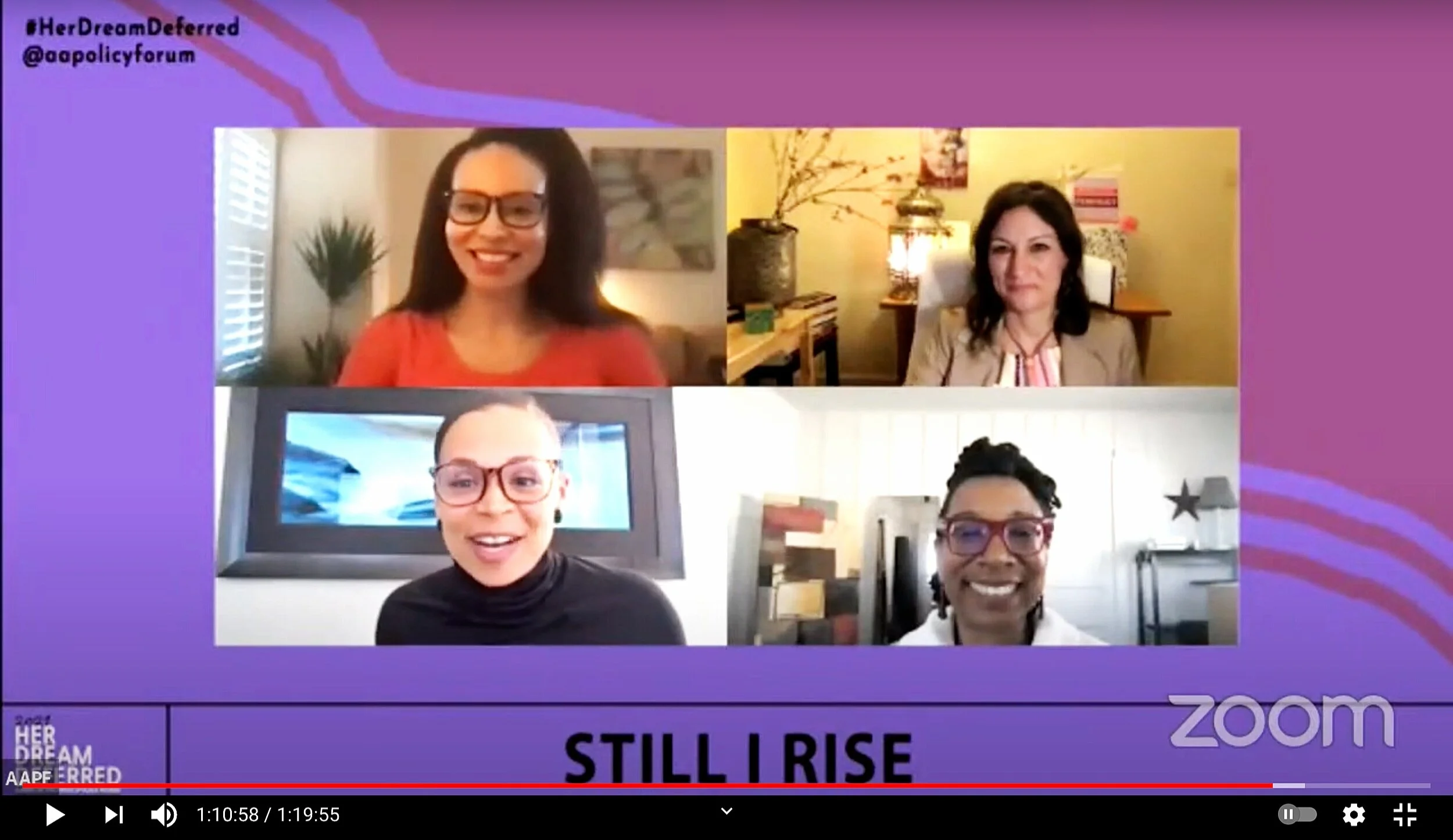Still I Rise
Filmmaker Statement:
Film, storytelling and the arts have the power to change how we undertand the world. Compelling stories shift mental models, explore complexity and humanize people. Conversely, stories also have the ability to sensationalize, reinforce tropes, pigeonhole, and ultimately de-humanize people. Documentary film in particular, is a powerful medium for activating mirror neurons, generating empathy, contextualizing, shifting public perceptions and transforming our shared narratives. Historically and today, the mainstream media’s ongoing racist, sexist, and ablelist representaions of sex trafficking survivors has created implicit and explicit biases in American and global audiences. Black women, girls, and femmes are rarely seen as victims, deserving of care, protection and justice. Conversely, they are often vilified and blamed for their own abuse. The silencing and structural biases perpetuate a long legacy of impunity for violence against Black women-identified people. With each scene we built for Still I Rise, our filmmaking team committed ourselves to trauma-informed, culturally and historically aware practices, mindful of our own privilege, power and positional authority as content creators. We remain committed to prioritizing loving, consensual, authentic, ethical and multi-dimensional storytelling.
How is Still I Rise different from other films about sex trafficking?
Filmed over the course of five years in the Bay Area, we follow the transformation of two pioneers in the anti-trafficking movement. Former OPD Chief of Staff, Holly Joshi and survivor-advocate Leah Albright-Byrd explore the relationship between racism and exploitation in America.
Leah is a national anti-trafficking leader informed by her experience of being trafficked on the internet and the streets as a teenager. Her resilience and compassion energize her to launch Bridget’s Dream, a survivor-led Christian organization that serves commercially sexually exploited girls and womxn. Leah’s unique story is featured on the Oprah Winfrey show, Gabrielle Union’s Being Mary Jane, and Katie Couric. Over time she realizes her role in the anti-trafficking movement comes at a great cost and must decide whether it is worth the personal toll it’s taking on her.
Holly, an Oakland native, becomes the first woman Chief of Staff at the Oakland Police Department. Her advocacy and scholarship is informed by her career as an undercover cop and supervisor of the Child Exploitation Unit. A nationally recognized anti-trafficking advocate and trainer, Vice President Kamala Harris recruits Holly to be on on her Anti-Human Trafficking Working Group and Task Force on 21st Century Policing while Attorney General of California. Holly gains a deeper understanding of how historical oppression and inequalities contribute to the disproportionate impact of sex trafficking on Black communities and questions the conventional law and order approach to addressing the problem.
Still I Rise features powerhouse vignettes with Professor Kimberle Crenshaw, Alicia Keys, Janet Mock, Viola Davis, Gabrielle Union, Tarana Burke, Jada Pinkett Smith, Patrisse Cullors, Tamika Mallory, Angela Davis and Janelle Monae.


